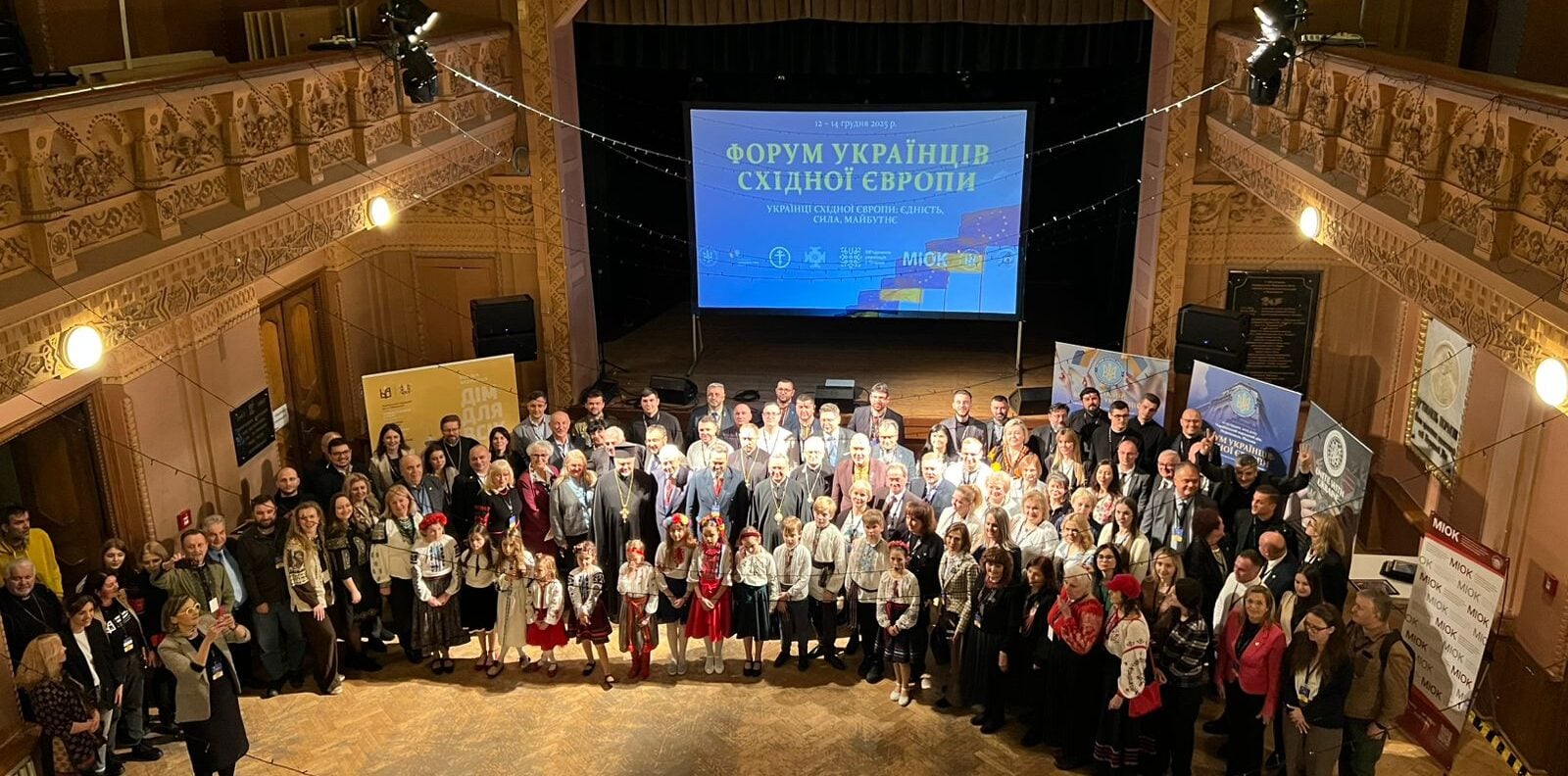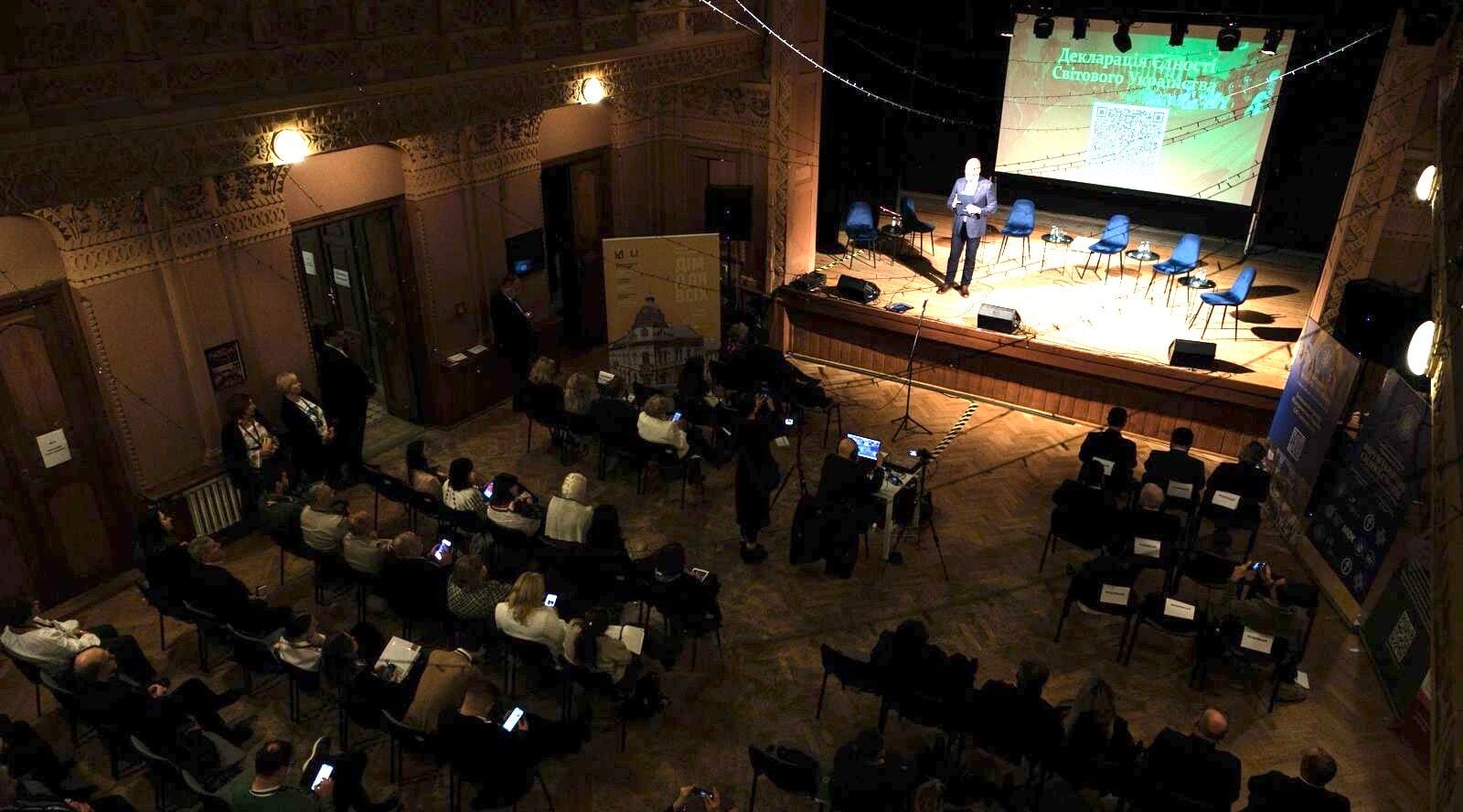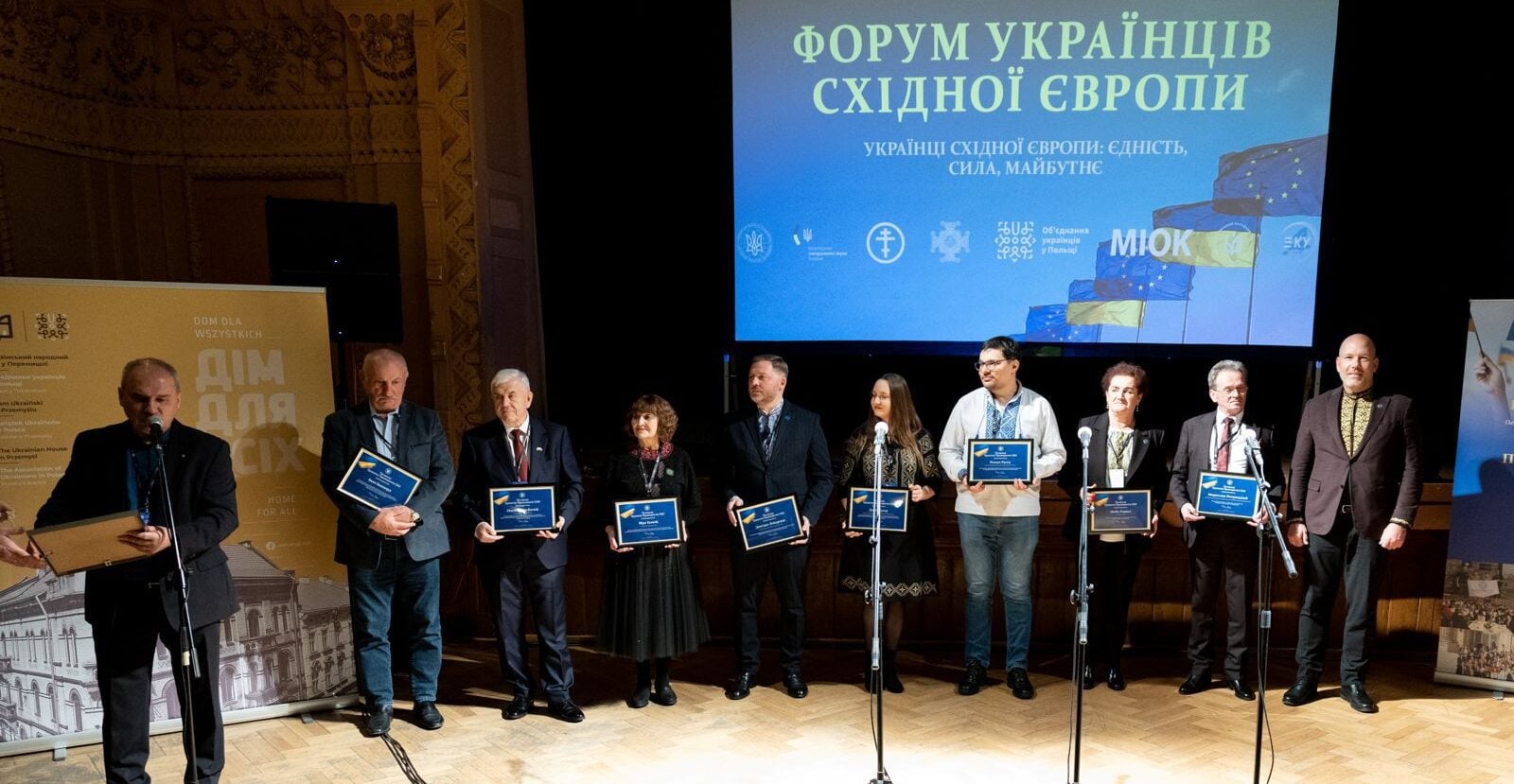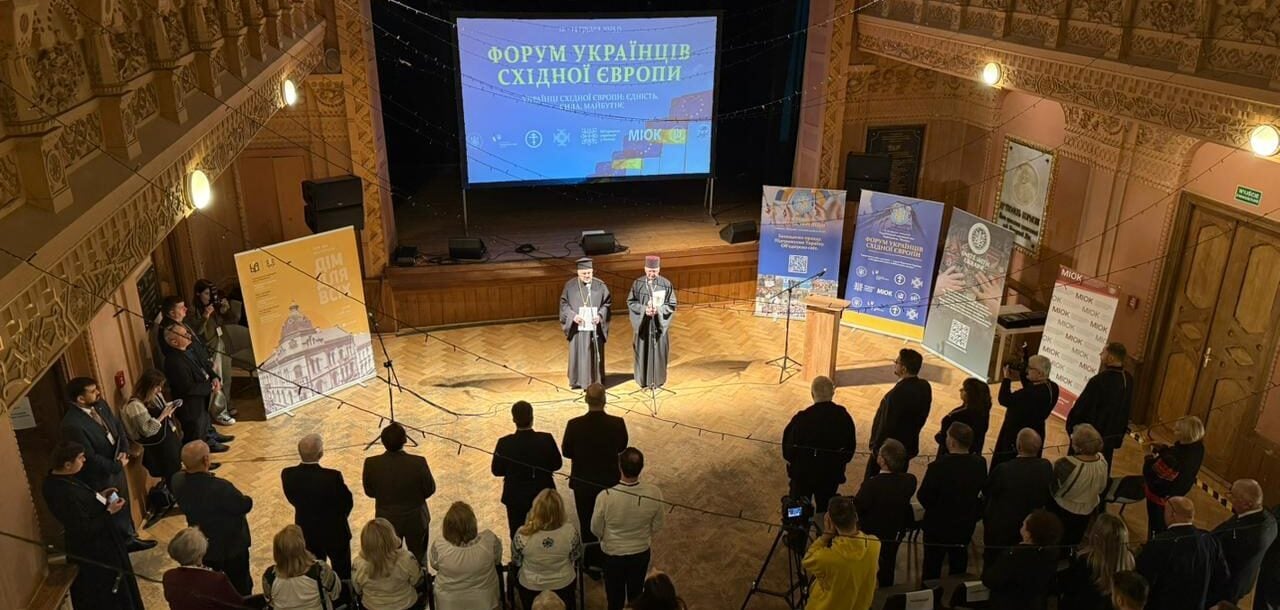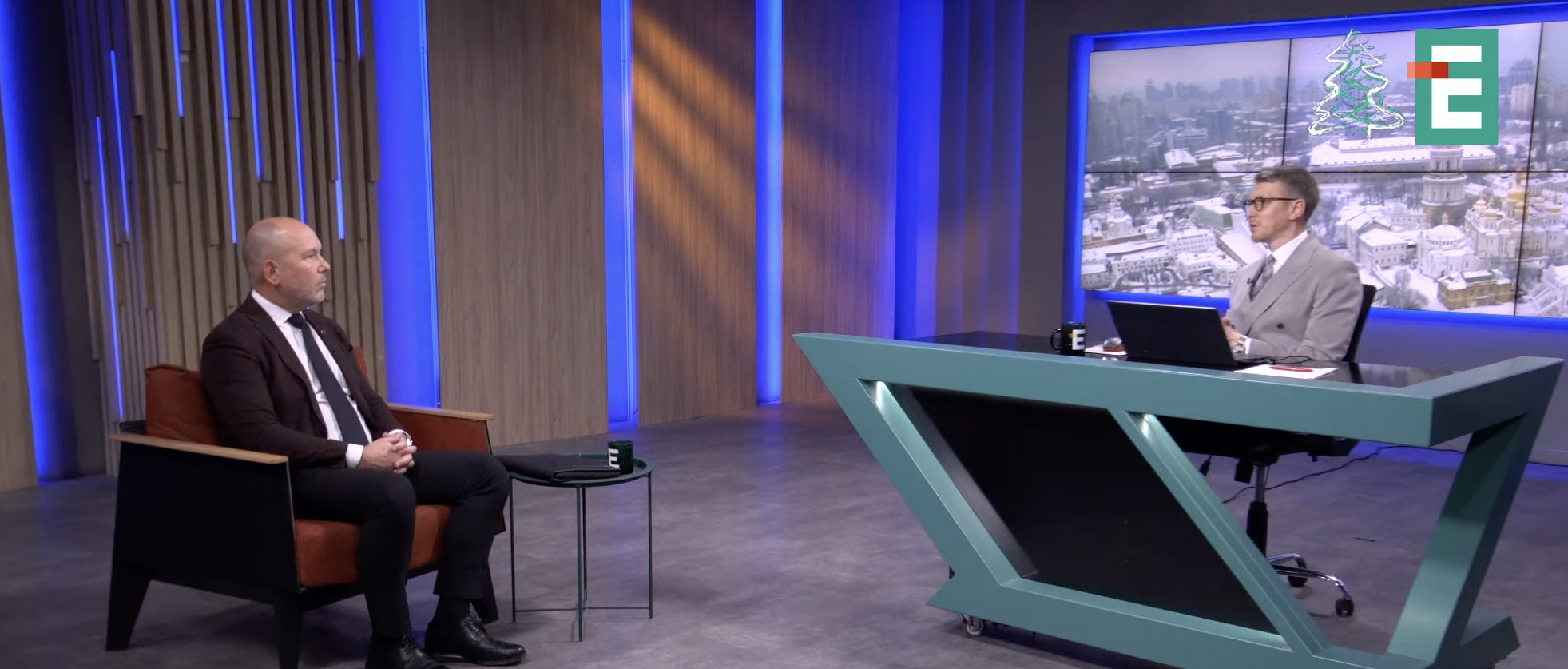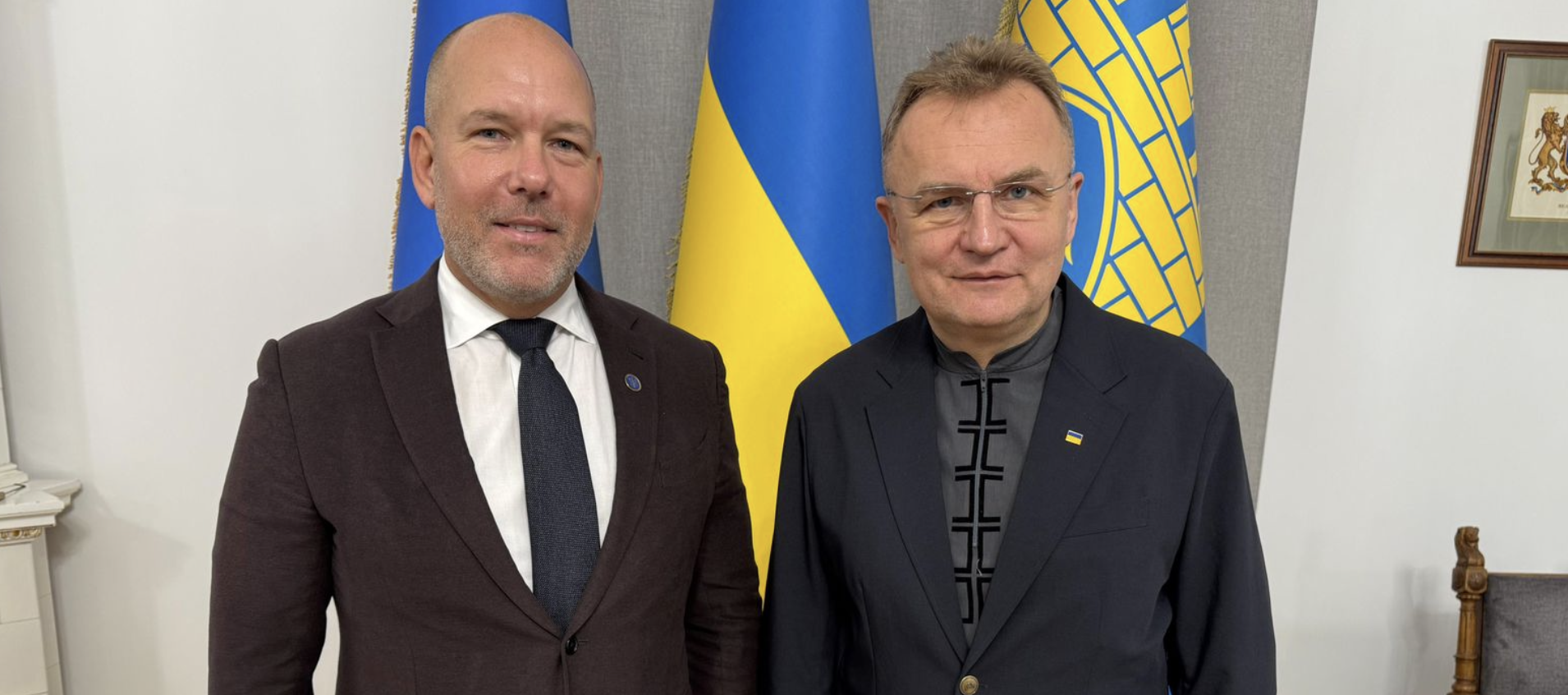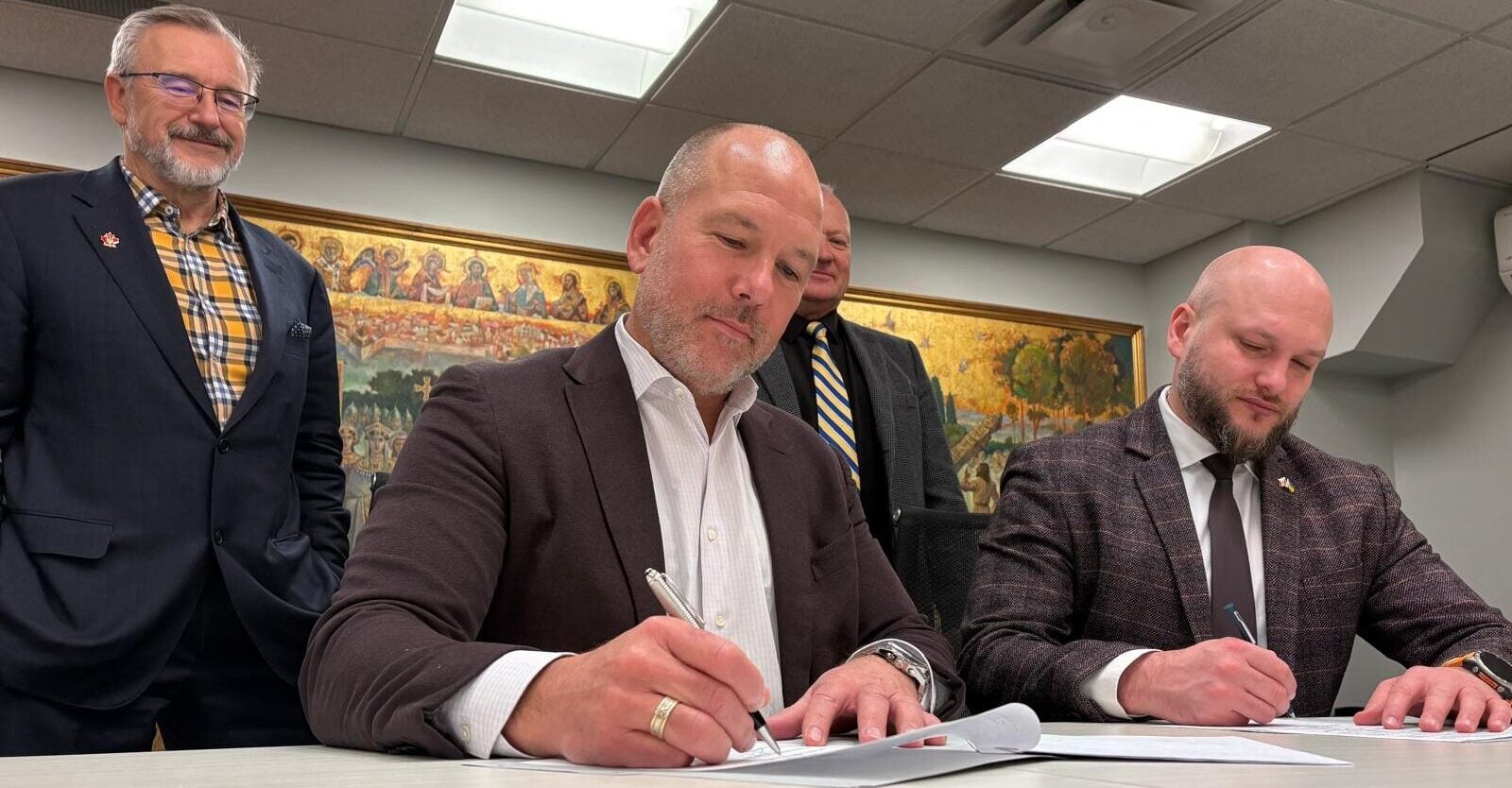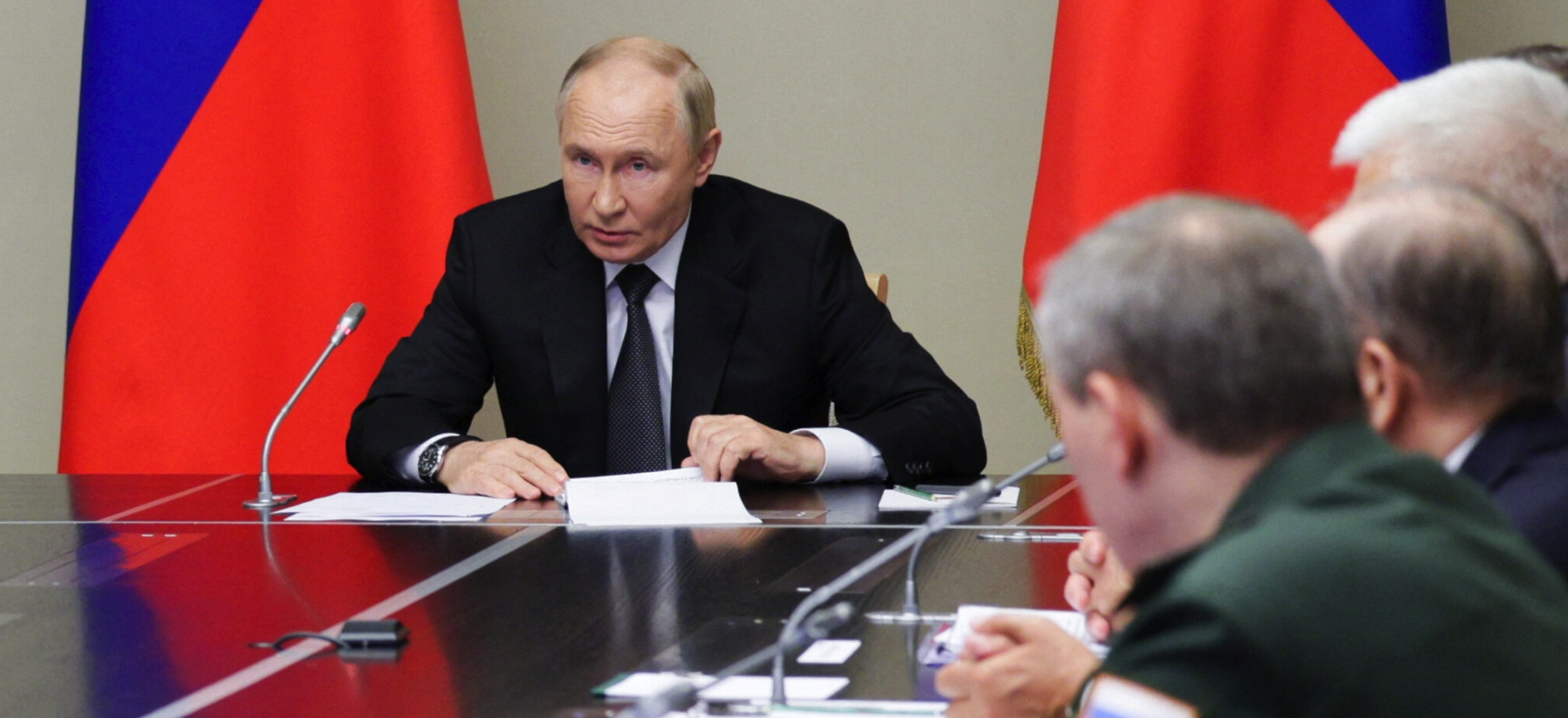

by Peter Dickinson, UK journalist and researcher, editor of Atlantic Council’s UkraineAlert service and publisher of Business Ukraine Magazine and Lviv Today magazine
In the space of just two weeks, Ukraine has claimed more Russian land than Putin’s army managed to seize in Ukraine since the start of 2024. Kyiv’s bold summer offensive caught the Kremlin completely off-guard and has transformed perceptions of a war that many believed was moving slowly but surely toward an inevitable Russian victory. Rarely in the history of modern warfare has any military succeeded in pulling off such a stunning surprise.
Since Ukraine’s invasion of Russia first began on August 6, it has dominated the international headlines and has been one of the top news stories around the world. Everywhere, that is, except Russia itself. While the global press has been reporting breathlessly on the first invasion of Russia since World War II, the Kremlin-controlled Russian media has been instructed to minimize the significance of Ukraine’s offensive and convince domestic audiences that the presence of Ukrainian troops inside Russia’s borders is the “new normal.”
This strategy has been all too evident on Russia’s federal TV channels throughout the past fortnight, with comparatively little coverage of Ukraine’s cross-border operation. Any mentions have typically been accompanied by euphemistic references to “the situation” or “events in Kursk region.” The Kremlin’s intense discomfort was perhaps most immediately obvious on last weekend’s episode of Russia’s flagship current affairs TV show, Sunday Evening with Vladimir Solovyov, with Russian MP and studio guest Andrey Gurulyov declaring, “the most important thing is for everyone to shut up.”
Russia’s propagandists are taking their lead from Putin himself. The Kremlin dictator has remained remarkably tight-lipped over Ukraine’s invasion, and has limited himself to only a handful of public statements. Notably, there have been no attempts to rally the Russian people against the invader or engage in the kind of historical grandstanding that Putin normally favors. On the contrary, he has opted for a strikingly understated approach. Putin initially branded the invasion a “large-scale provocation,” and has since compared the advancing Ukrainian army to “terrorists.”
In recent days, Putin has sought to underline his apparent lack of concern over the invasion of Russia by embarking on a series of routine trips. First, he flew to Azerbaijan for a two-day visit that focused on strengthening bilateral trade ties. Next, he paid his first visit to Chechnya for thirteen years. Neither journey was urgent or in any way connected to Ukraine’s ongoing offensive.
Despite this very deliberate show of indifference, there have been numerous indications that Putin is in reality extremely rattled by the Ukrainian invasion. His evident disdain over the past fortnight while listening to Russian military commanders reporting fake battlefield victories has inspired multiple memes. In one particularly revealing exchange, Putin angrily interceded during a televised government meeting when the acting governor of Kursk region dared to disclose the scale of Ukraine’s territorial gains.
This behavior is nothing new. Indeed, Putin has long been notorious for going missing during times of national crisis, and has added to this unwanted reputation with numerous disappearing acts throughout the invasion of Ukraine. Nevertheless, the unprecedented nature of Ukraine’s own counter-invasion makes his recent posture particularly revealing.
Cover: Gavriil Grigorov / Reuters
